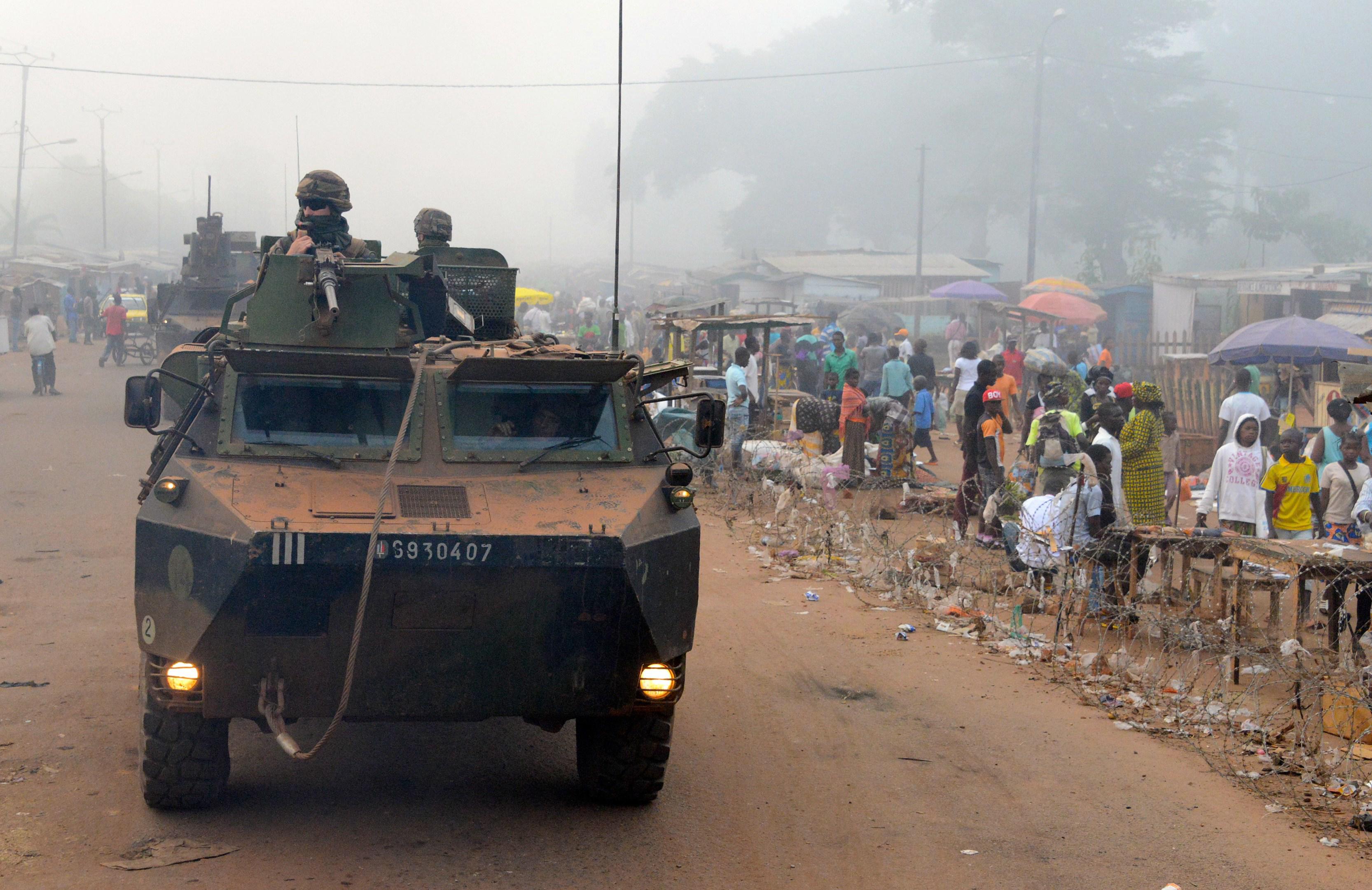An independent study of the United Nations, commissioned by the United Nations, accused the institution of “gross institutional failure” for its unwillingness to respond to allegations of the sexual abuse of children by French peacekeepers in the Central African Republic.
Four soldiers, part of the peacekeeping force deployed to the country in 2013, are currently being questioned over allegations that they encouraged boys as young as nine to engage in oral sex in exchange for food or money. Fourteen people in total are under investigation. The allegations were first uncovered by U.N. human rights officers interviewing the boys in the spring of 2014. The specific allegations in the report are unlikely isolated incidents—similar allegations have been filed against peacekeepers from Chad and Equatorial Guinea deployed to the country, which has been wracked by civil war.
According to the report, the leaders of the U.N. mission in the CAR failed to investigate the allegations, end the abuses, or follow up with the victims to ensure they received adequate care. Staff were far more concerned that sensitive material had been “leaked” to French authorities. Information about “the Allegations was passed from desk to desk, inbox to inbox, across multiple UN offices, with no one willing to take responsibility to address the serious human rights violations.” And in April, a senior U.N. aid worker was suspended for passing information about the case to French authorities. He had been frustrated by the U.N.’s failure to take action.
This is hardly the first time international peacekeepers have been accused of sexually abusing the people they were sent to protect. The CAR incidents were among 79 cases of sexual abuse and exploitation involving peacekeepers in 2014. Similar allegations have surfaced over the years in Haiti, Guinea, Liberia, Sierra Leone, Bosnia, Cambodia, East Timor, and the Democratic Republic of the Congo. Reports about the problem have been issued for over a decade and widely reported in the media. Nonetheless, the report claims, “the culture of impunity has only become more entrenched as both victims and perpetrators have little reason to believe that crimes will be punished in any meaningful way, or that effective measures will be put in place to prevent future abuses.”
The problem threatens the credibility of the U.N.’s entire peacekeeping mission, and if the publicity surrounding this case isn’t enough to end this culture of impunity, it’s not clear what will.
